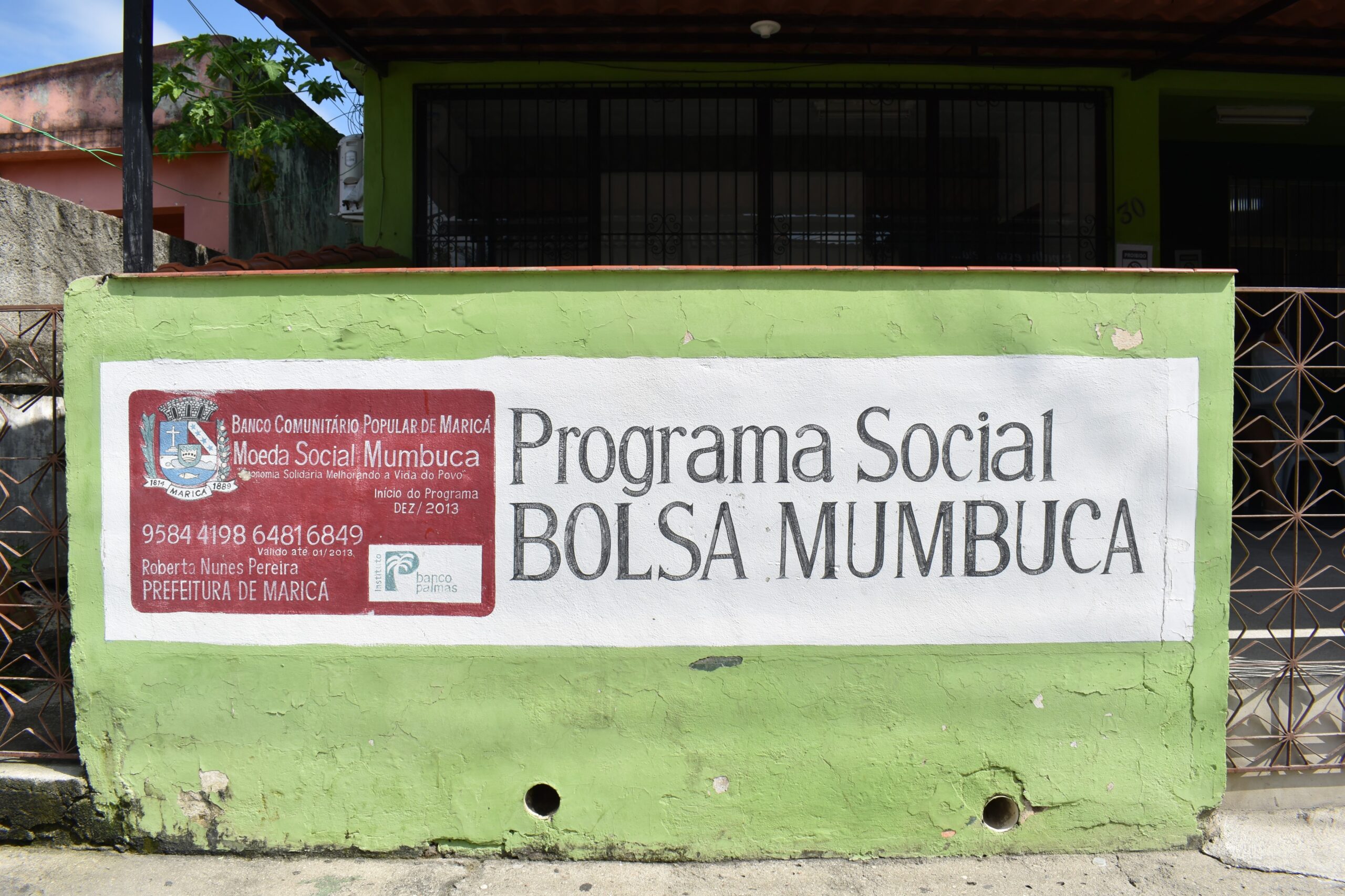HudsonUP Basic Income Pilot releases year three report

As the HudsonUP Basic Income Pilot completes year three of its five-year guaranteed income program, JFI today releases the third year’s report by Principal Investigator and Senior Fellow Leah Hamilton. Employing a mixed-methods approach, the program evaluation combines biannual quantitative surveys with qualitative interviews to capture a comprehensive picture of basic income’s role in recipients’ lives, demonstrating the pilot’s significance as a component of the local social safety net.
The HudsonUP program began by giving 25 low-income Hudson, NY residents $500 per month in fall of 2020. As a five-year pilot, it represents one of the longest in the country. The program has since expanded twice for a total of 128 individuals across three cohorts. Cohort One represents recipients who joined the pilot in the fall of 2020, while Cohort Two and Three represent recipients who joined in the fall of 2021 and 2022, respectively.
Key findings suggest that the basic income has contributed to:
- Financial and employment security
- Increased health and well-being
- Qualitative improvements in personal growth
- Qualitative improvements in relationships and community connections
- Qualitative improvements in leisure time
Read the full report here for detailed results and methodology. See the year one report here and year two report here.
Please reach out to communications@jainfamilyinstitute.org for more information or press inquiries.
Related
HudsonUP Basic Income Pilot releases year four report
Qualitative and quantitative research on how guaranteed income has affected recipients.
Household Responses to Guaranteed Income: Experimental Evidence from Compton, California
Press release: New evidence on GI from a randomized controlled trial.
New Release: First paper from the Maricá Basic Income Evaluation
Diverse impacts of the largest basic income program in Latin America on socioeconomic outcomes; crisis response use-case


